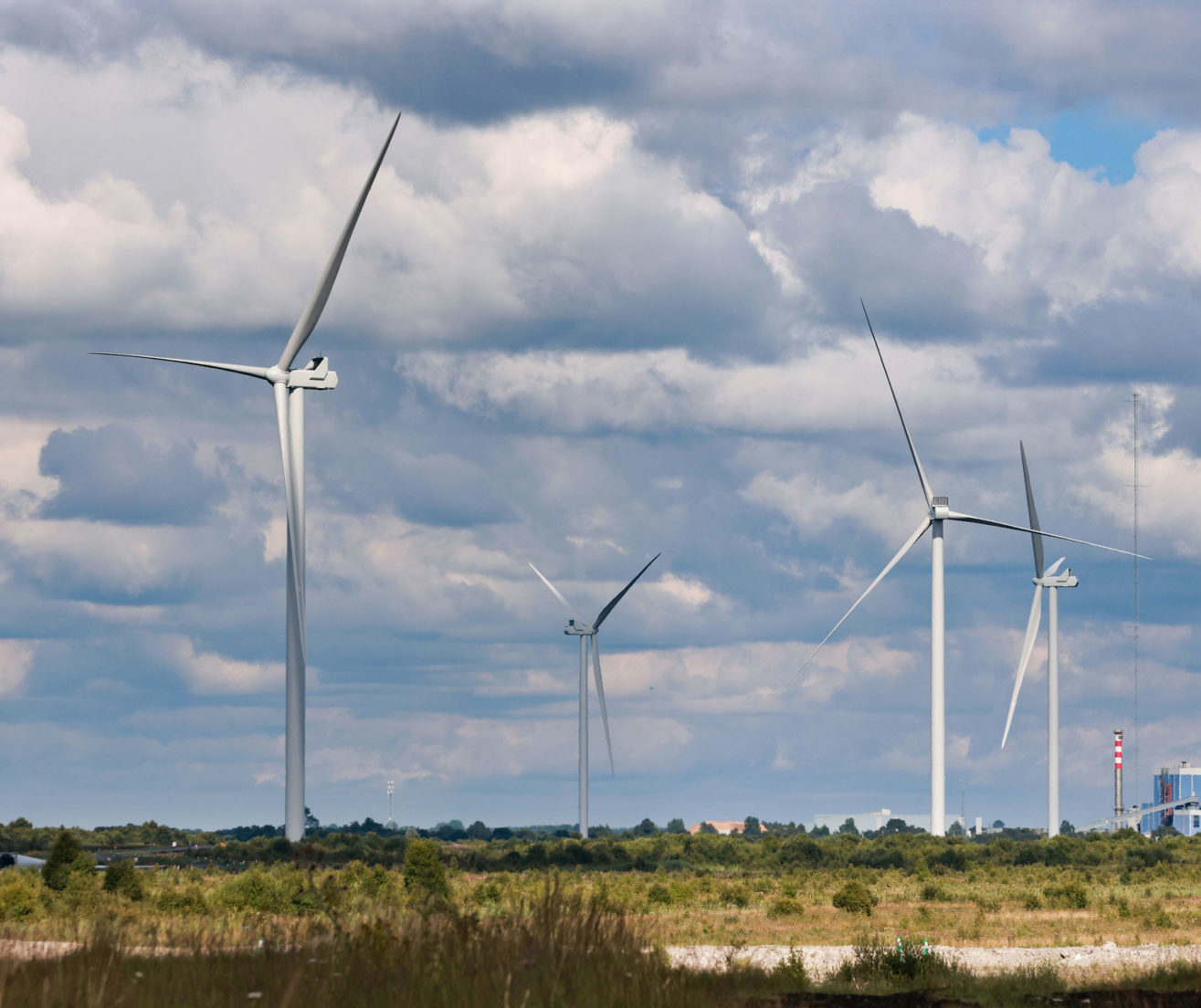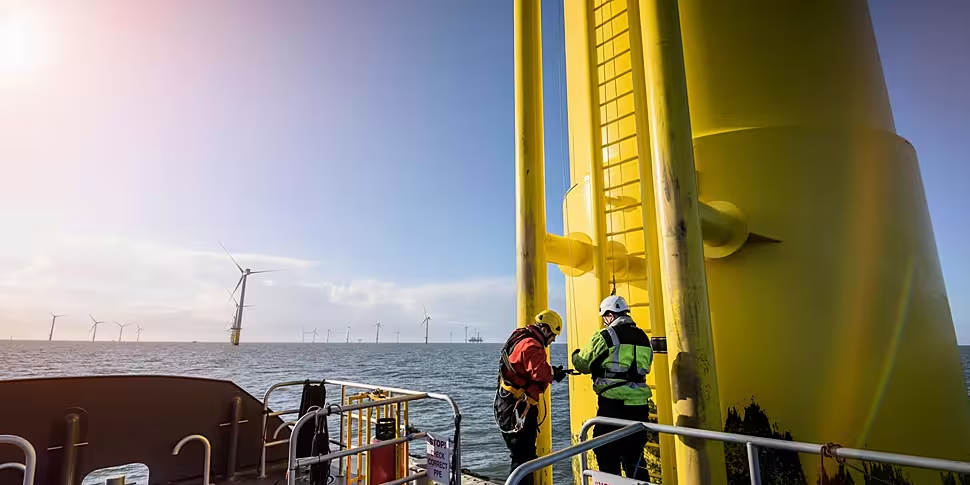Ireland’s planning system is hindering efforts to reach net zero, the Climate Change Advisory Council has warned.
In its Climate Action Plan, the Government committed itself to generating 80% of all electricity from renewable sources by 2030.
In 2021, half of Ireland’s energy production came from renewable sources and the Climate Change Advisory Council said reform of the planning system is key to increasing that figure.
“Planning is intrinsic to an awful lot of the actions that we need to take to combat climate change,” chair Marie Donnelly told Newstalk Breakfast.
“It’s linked, for example, to how we transition from expensive imported fossil fuels that we use to produce electricity - which, as we all know, has put the price of electricity up.
“We need to be able to move away from that and use our own wind and solar energy to do that instead, so we can control our own electricity price.”
 A wind farm. Photo: Eamonn Farrell/RollingNews.ie
A wind farm. Photo: Eamonn Farrell/RollingNews.ieMs Donnelly said Ireland’s climate targets are “ambitious” but local councils lack the staff to process applications for new energy infrastructure in a timely fashion.
“It’s a basic thing,” she said.
“We just need more expertise and more resources - particularly at the local authority level in order to meet these targets.”
Ms Donnelly urged the Government to follow the example of other countries and simplify the planning process for renewable energy projects.
“What Europe has said is the infrastructure for decarbonised electricity should be considered as an overriding public interest,” she said.
“So, not to remove all the requirements - because we do have to take these concerns into account and local concerns and individual concerns - but we need to shorten the timelines quite considerably and streamline the procedures.”
Taoiseach Leo Varadkar has said Ireland can become energy independent within a generation and the Government has committed Ireland to reaching net zero carbon emissions by 2050.
Main image: Engineers climbing wind turbine at offshore wind farm.









